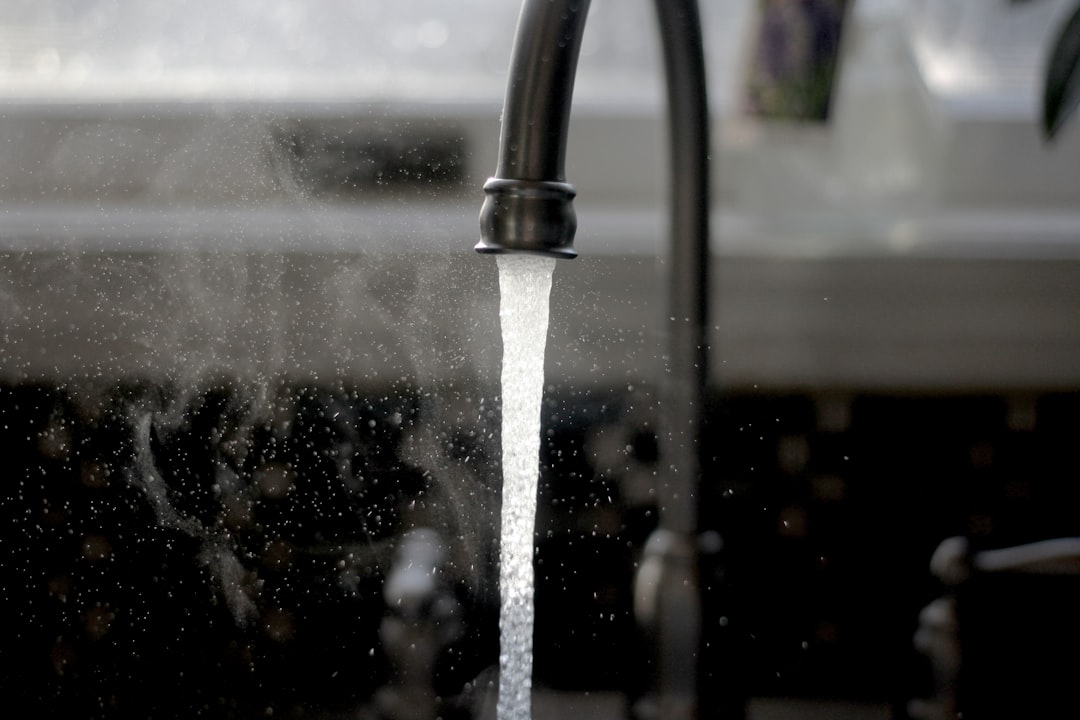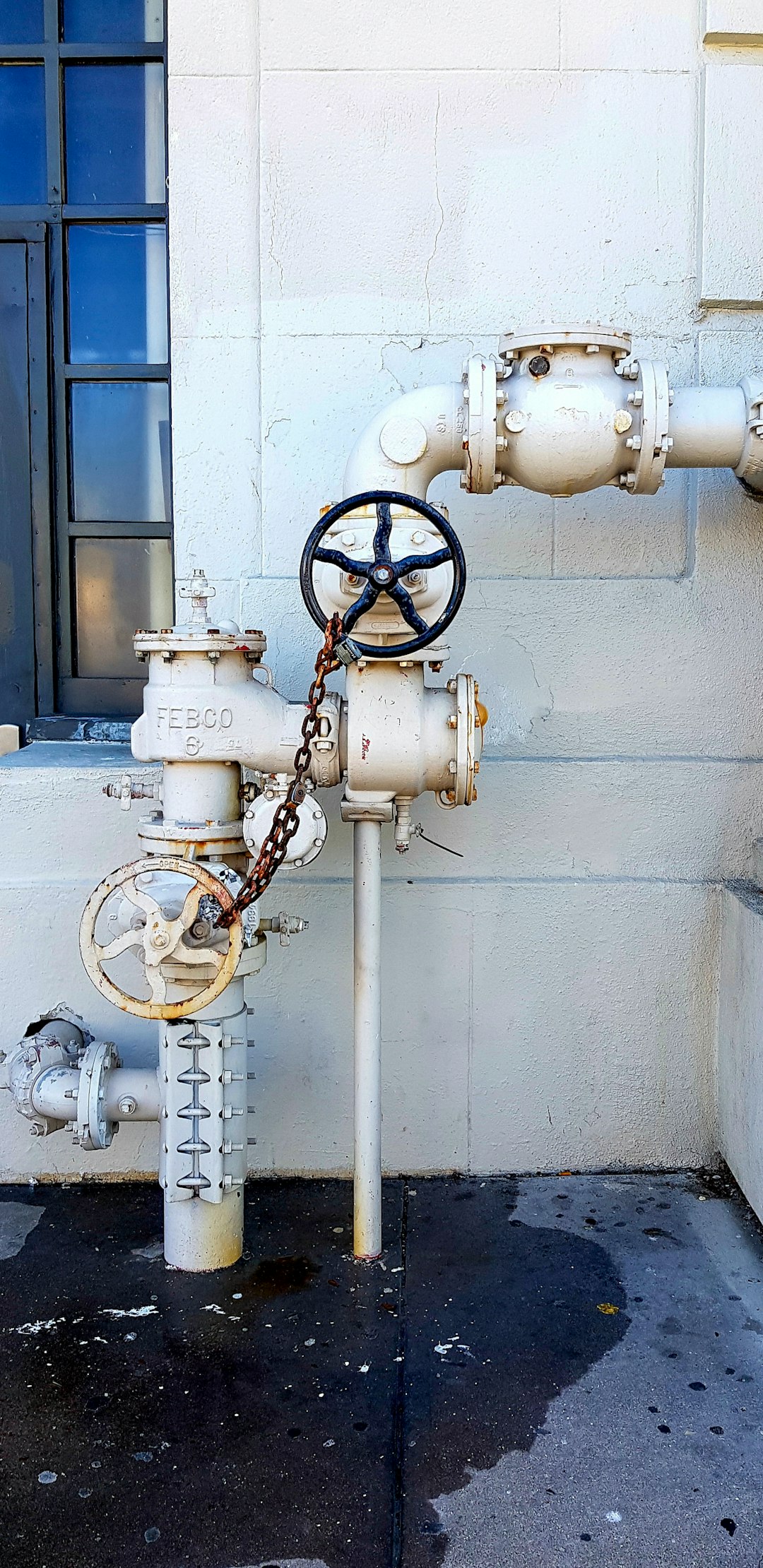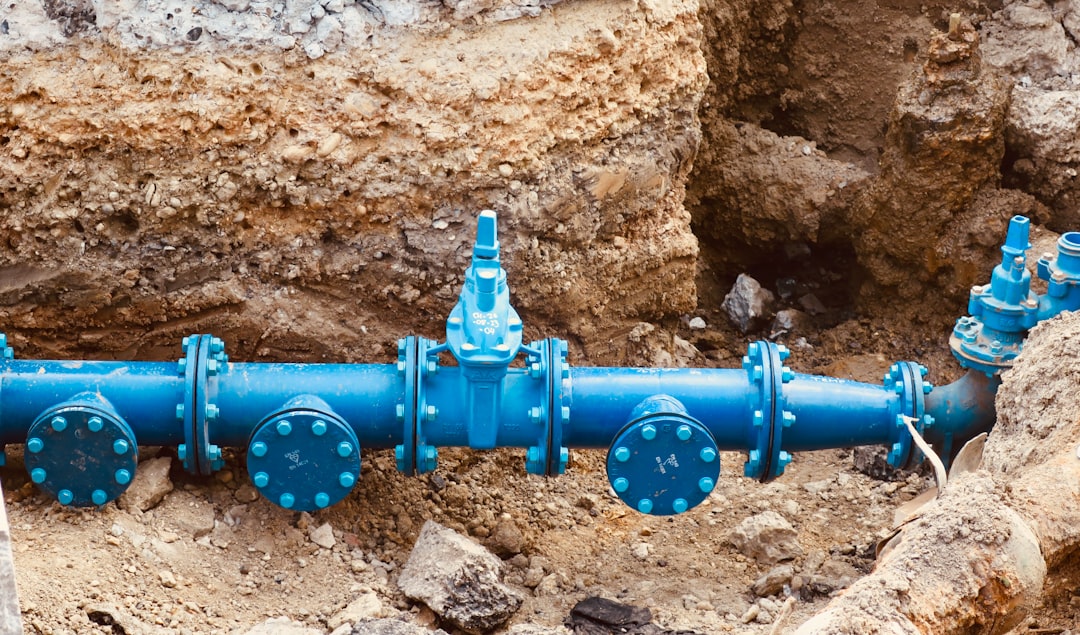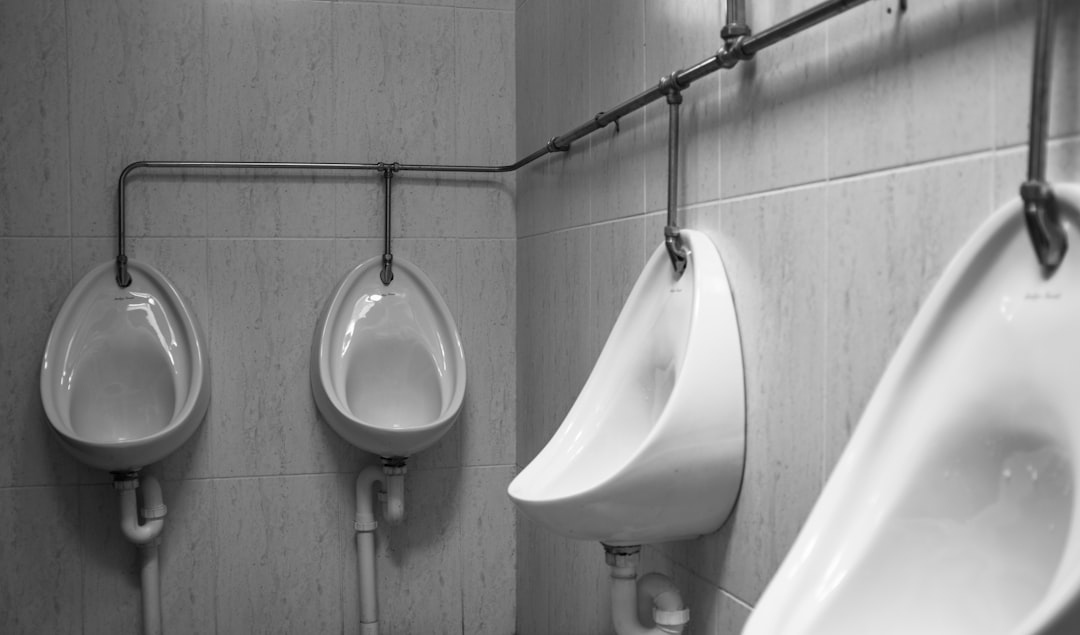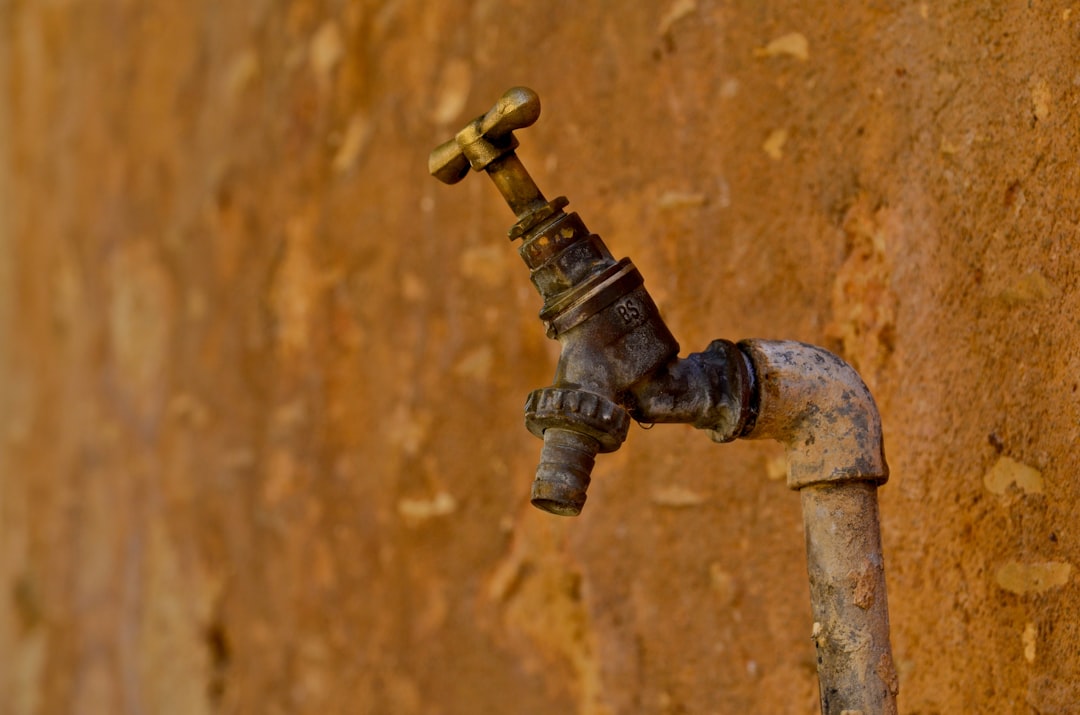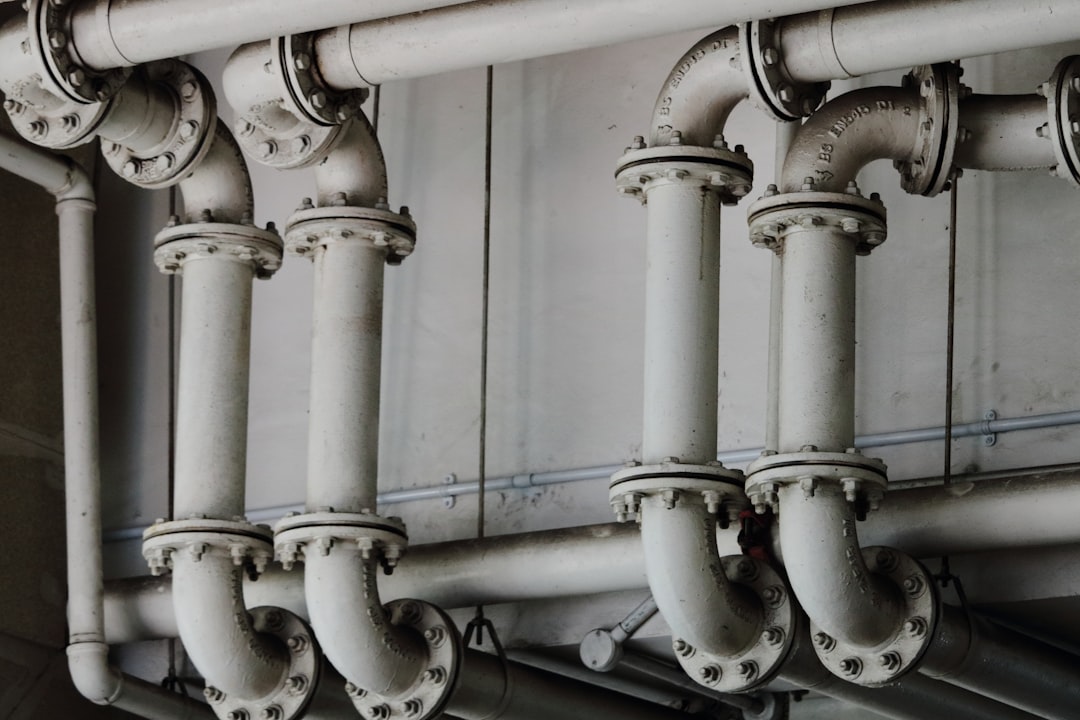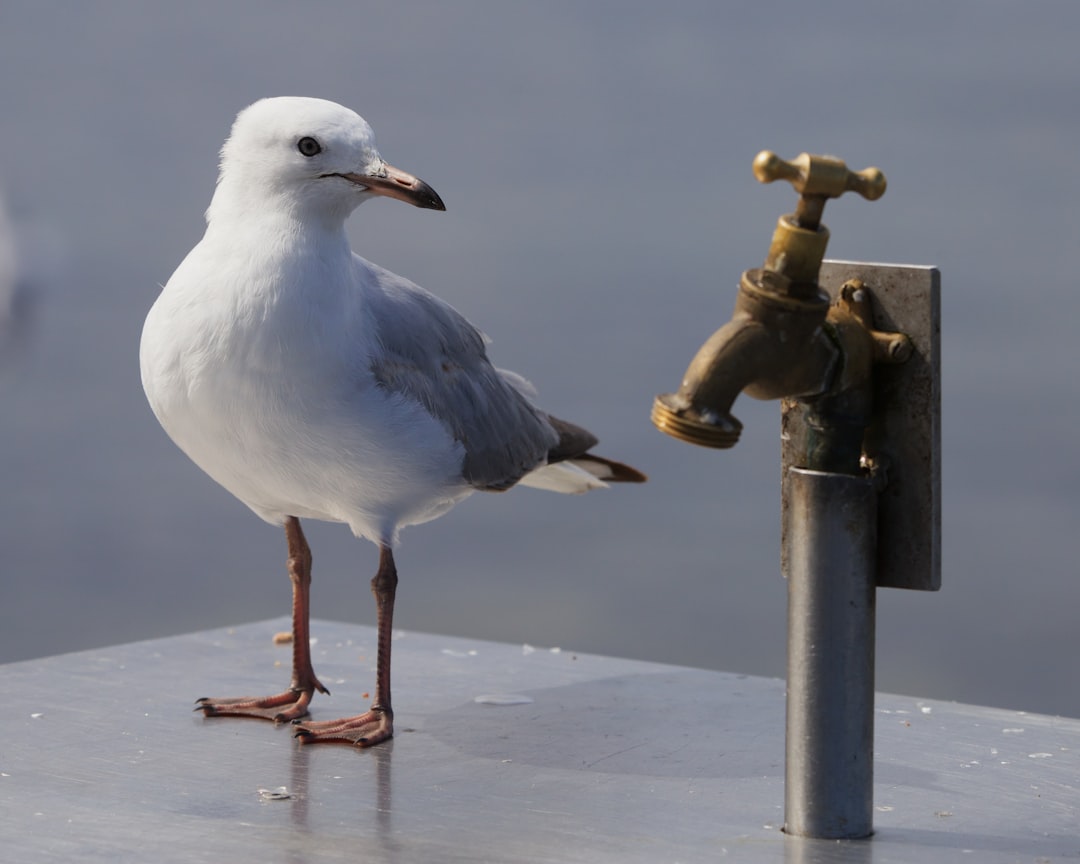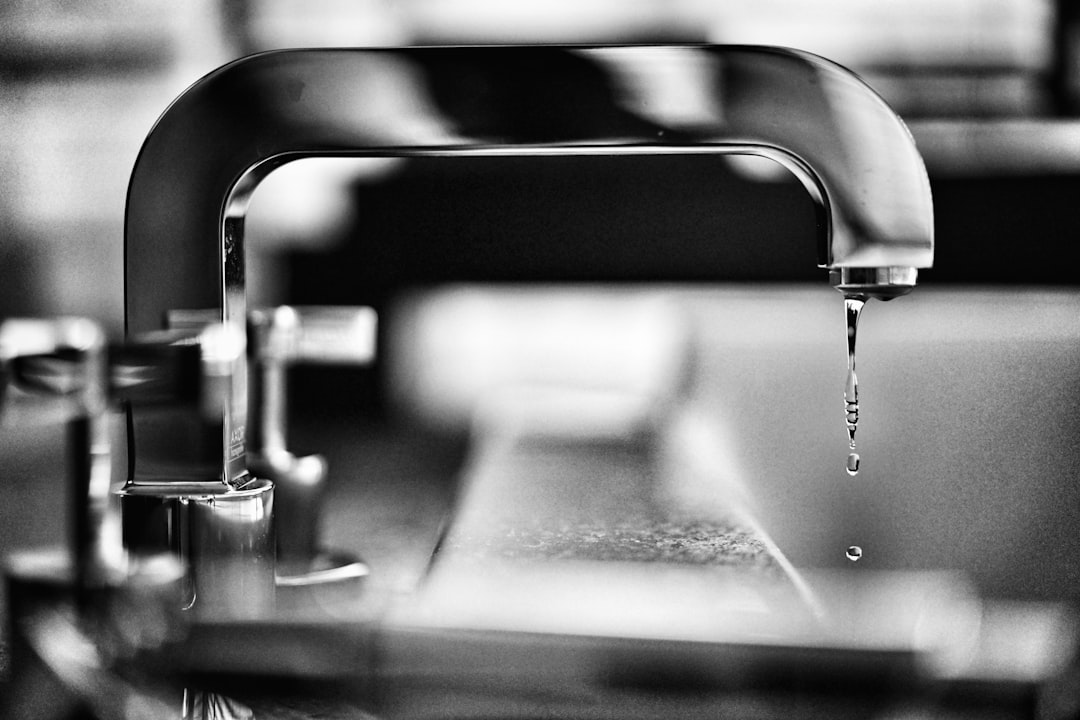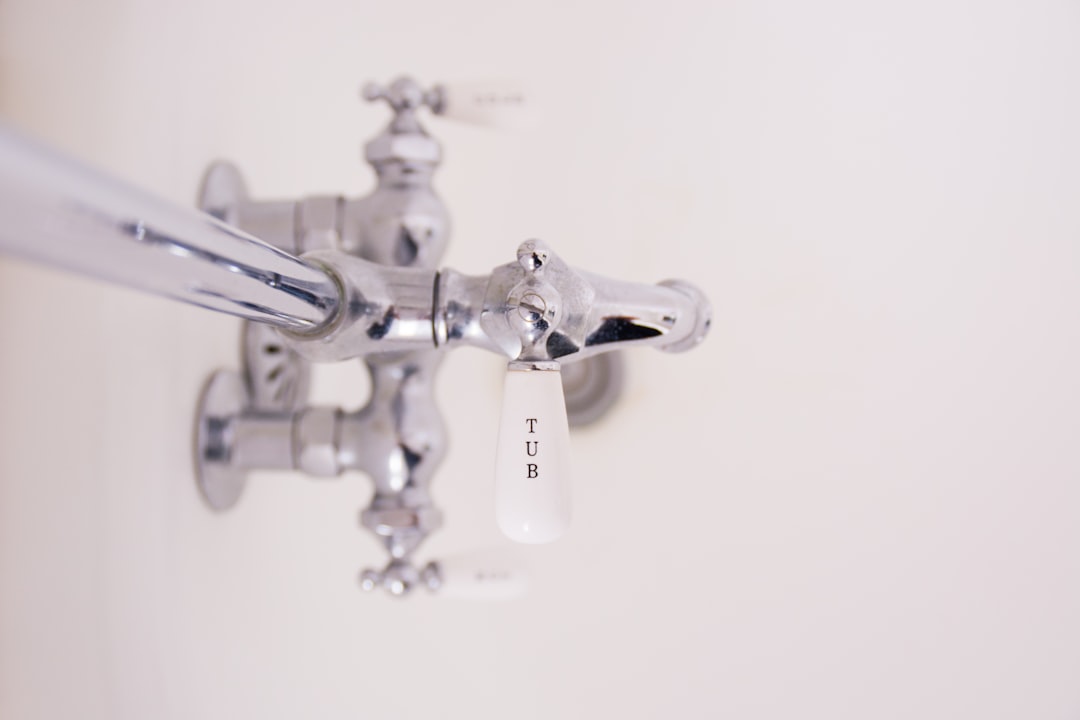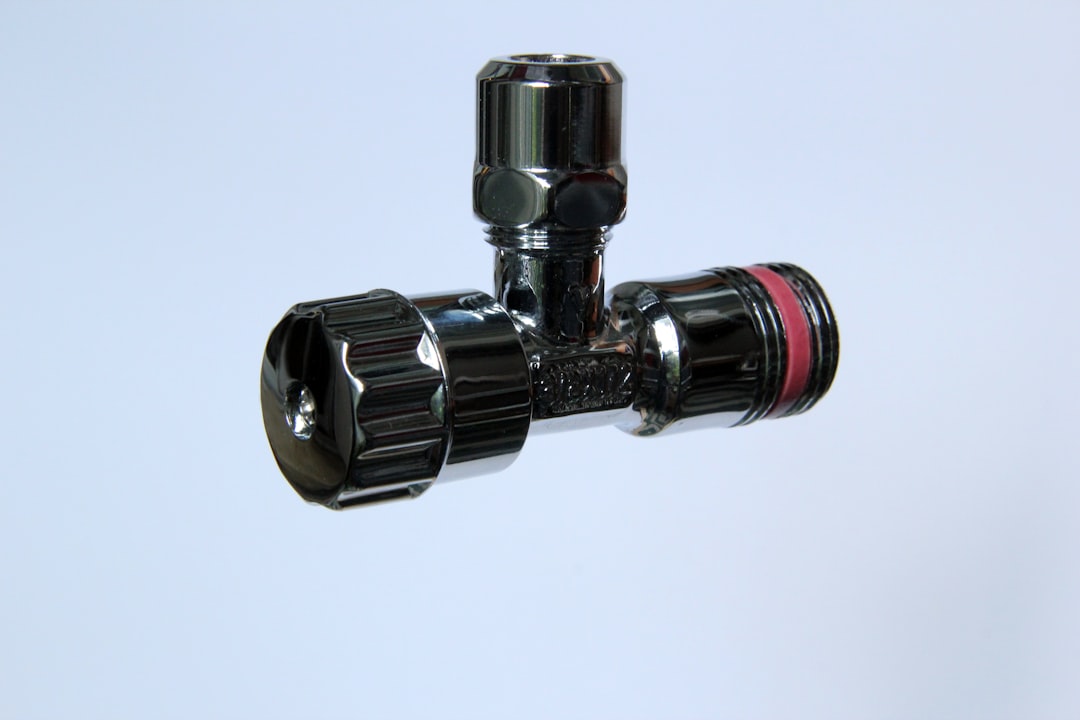Table of Contents
- Introduction
- Overview of plumbing training programs
- Duration of plumber apprenticeships
- Certifications and licenses needed for plumbers
- Factors affecting training time for plumbers
- Comparing residential and commercial plumbing training
- The role of plumbing courses and workshops
- On-the-job training experiences for aspiring plumbers
- Continuing education and specialization opportunities in plumbing
- Conclusion
- Frequently Asked Questions
Introduction
Ever wondered what it takes to become a skilled plumber? The journey from novice to pro in the plumbing world is not just about wielding a wrench and fixing pipes; it involves a unique blend of training, hands-on experience, and technical knowledge.
In a world where skilled trades are increasingly in demand, understanding the timeline and requirements can help aspiring plumbers make informed decisions about their futures.
In this article, we will explore the various pathways available in plumbing education, from formal apprenticeships to on-the-job training, and how long it typically takes to master this essential trade.
Join us as we delve into the intricacies of plumbing training, shedding light on the challenges and rewards that come with this vital profession. Are you ready to discover how many years it takes to go from beginner to a professional plumber? Let’s dive in!
Overview of plumbing training programs
Plumbing training programs are essential for individuals aspiring to become professional plumbers. Typically, these programs are offered at community colleges, vocational schools, and trade schools, and they can vary in length and structure. Most plumbing courses include a combination of classroom instruction and hands-on training, ensuring that students gain both theoretical knowledge and practical skills.
Curriculums generally cover fundamental topics such as plumbing codes, safety procedures, and the installation of various systems including water supply and drainage. Additionally, students may learn about pipefitting, welding, and blueprint reading. Many programs also offer specialized training in areas like HVAC systems and renewable energy technologies.
Upon completing a plumbing training program, graduates may pursue apprenticeships to gain real-world experience under the guidance of a licensed plumber. This hands-on experience is crucial as it helps them to apply the skills learned in the classroom to actual plumbing projects. Through a combination of classroom learning and fieldwork, aspiring plumbers are well-equipped to enter the workforce and tackle the demands of the industry.
Duration of plumber apprenticeships
The duration of plumber apprenticeships typically ranges from four to five years, depending on the specific program and region. During this apprenticeship period, individuals are required to complete both classroom instruction and hands-on training under the supervision of experienced professionals. The classroom component usually involves learning essential plumbing principles, codes, and safety practices, while the practical experience allows apprentices to apply their skills in real-world scenarios.
In many regions, plumbing apprenticeships follow a structured curriculum, which includes a mixture of theoretical knowledge and practical skills. This structure ensures that apprentices not only become proficient in basic plumbing tasks but also gain insight into advanced techniques and systems. As apprentices progress through their training, they may also have opportunities to specialize in specific areas, such as residential, commercial, or industrial plumbing.
Overall, the duration of the apprenticeship program plays a crucial role in shaping competent plumbers who are equipped to meet industry standards and provide high-quality services.
Certifications and licenses needed for plumbers
To become a plumber, obtaining the necessary certifications and licenses is a crucial step in the training process. Most regions require plumbers to hold a license that validates their qualifications and skills. This often involves completing a specific number of training hours, which can vary significantly depending on the state or country.
Typically, aspiring plumbers must first complete an apprenticeship program, which lasts between 4 to 5 years. During this period, they learn under the guidance of experienced professionals, gaining both practical skills and theoretical knowledge. After completing the apprenticeship, candidates usually need to pass a licensing exam that tests their understanding of plumbing codes and regulations.
In addition to a plumbing license, some states may require further certifications or endorsements for specialized areas such as gas fitting or backflow prevention. Continuous education is also important, as plumbers must stay updated on new technologies, materials, and regulations in the plumbing industry. Ensuring proper certifications and licenses not only legitimizes a plumber’s work but also enhances their employability and credibility within the field.
Factors affecting training time for plumbers
Several factors influence the duration of plumber training, impacting how long it will take for an individual to become a qualified professional.
Firstly, the type of training program selected plays a significant role. Many aspiring plumbers choose formal apprenticeship programs, which typically last four to five years and combine on-the-job training with classroom instruction. Alternatively, vocational schools offer diploma or certificate programs that can often be completed in one to two years.
Another critical factor is the individual’s prior experience and skills. Those with related experience in construction or handyman work may find they can complete training more quickly.
Additionally, state regulations also affect training time; different states have varying requirements for licensing, which can include hours of training and exams.
Lastly, the availability of jobs and the demand for plumbing services in a particular area can also influence how quickly an individual completes their training and enters the workforce.
Comparing residential and commercial plumbing training
When considering plumbing training, it’s essential to understand the differences between residential and commercial plumbing.
Residential plumbing focuses on the systems and installations found in homes, such as faucets, toilets, and water heaters. Training in this area often includes foundational skills, troubleshooting, and customer service, as plumbers frequently interact with homeowners.
In contrast, commercial plumbing involves larger systems that service businesses, schools, and hospitals. This type of training often covers more complex systems, including large-scale piping, backflow prevention, and wastewater management.
The duration of training can vary; residential plumbers may complete programs in a year or two, while commercial plumbing might require additional certification or apprenticeships, extending the training period.
Moreover, commercial plumbing often requires a deeper understanding of the building codes and regulations that apply to commercial properties, making the training more comprehensive.
Ultimately, whether one pursues residential or commercial plumbing training will depend on individual career goals and the specific skills they wish to acquire.
The role of plumbing courses and workshops
Plumbing courses and workshops play a vital role in the education and training of aspiring plumbers. These programs are designed to provide both theoretical knowledge and practical skills necessary to succeed in the plumbing industry. Courses often cover a wide range of topics, including plumbing systems, pipe fitting, drainage, and safety regulations.
Additionally, hands-on workshops allow students to gain real-world experience working with tools and materials used in plumbing. This practical training is essential, as it helps students develop the confidence and competence needed to tackle various plumbing tasks, from installations to repairs.
Many plumbing courses also offer specialized training in areas such as residential, commercial, and industrial plumbing, allowing students to tailor their education to their career goals. Furthermore, these programs often include preparation for certification exams, which are crucial for acquiring necessary licenses.
In summary, plumbing courses and workshops are fundamental in equipping individuals with the skills and knowledge needed to thrive in this essential trade.
On-the-job training experiences for aspiring plumbers
On-the-job training experiences are essential for aspiring plumbers, as they provide practical skills and real-world insights that classroom instruction alone cannot offer. During their apprenticeships, trainees work alongside licensed plumbers, gaining hands-on experience in various plumbing tasks such as installing pipes, repairing fixtures, and maintaining drainage systems. This direct exposure to the work environment allows trainees to understand the daily challenges plumbers face and how to effectively troubleshoot issues.
Moreover, on-the-job training enables aspiring plumbers to learn about local building codes, safety regulations, and best practices specific to their region. As they progress through their apprenticeship, they often get the opportunity to handle more complex tasks, enhancing their skills progressively. This experiential learning builds confidence and competence, crucial attributes in the plumbing profession. Additionally, trainees develop soft skills such as communication and teamwork, which are important for collaborating with clients and other tradespeople. Overall, on-the-job training experiences are invaluable for shaping well-rounded plumbing professionals who are ready to meet the demands of the industry.
Continuing education and specialization opportunities in plumbing
Continuing education is essential for plumbers who wish to remain competitive and knowledgeable in their field. As technology and regulations evolve, so too must the skills of plumbing professionals. Many organizations offer courses that cover the latest plumbing techniques, safety standards, and codes. These opportunities often include hands-on training sessions and workshops that enhance practical skills.
In addition to general education, specialists in plumbing can pursue specific areas of expertise. Common specializations include commercial plumbing, residential plumbing, and green plumbing, which focuses on environmentally friendly practices. Master plumbers may also choose to specialize in areas such as sewage and waste management or piping systems for industrial applications. Pursuing these special interests not only improves job opportunities but also often results in higher earning potential.
Moreover, attending industry conferences and seminars can provide valuable networking opportunities and insights into emerging technologies. By engaging in lifelong learning, plumbers can adapt to industry shifts and better serve their clients, ensuring they remain an invaluable resource within the construction and maintenance sectors.
Conclusion
In conclusion, the journey from being a novice to becoming a professional plumber is a multifaceted process that can take several years, typically around 4 to 5 years, depending on various factors such as the training program pursued, prior experience, and specialized areas of focus. Aspiring plumbers must engage in a combination of coursework, apprenticeships, and on-the-job training to develop the necessary skills to excel in this demanding yet rewarding field. Continuous education and specialization opportunities further enhance their capabilities, ensuring they stay competitive in an evolving industry. If you’re considering a career in plumbing or need expert plumbing assistance, don’t hesitate to act. Call 573-555-2121 today to get the help you need and embark on your plumbing journey with confidence!
